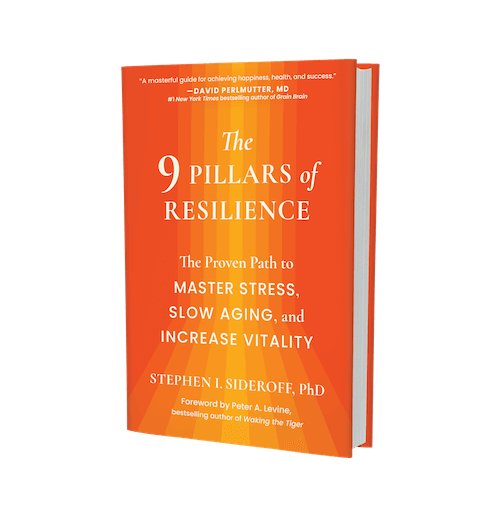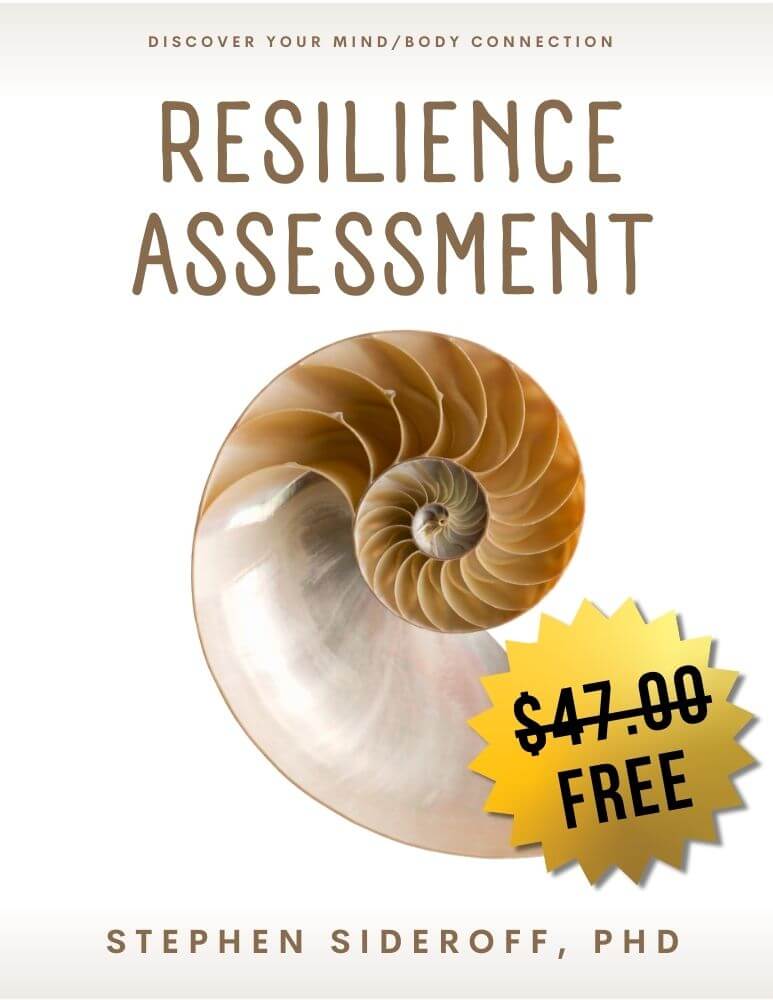The path you are on is the result of what you learned during your early childhood experience;
it is your reaction and conditioning to the rewards and punishments you received from others. Early
on, it’s mostly from your primary caregivers—mother and father. In other words, the path you
take is determined by the rules laid down in your childhood environment. These are the rules most
likely to maintain approval or avoid pain and punishment. They may be useful and important in
your childhood environment, but they are not the best strategies for optimal living as an adult. In
fact, much of the time the path you take is an effort to avoid emotional pain and rejection, while
trying to win approval. This creates unnecessary physical, emotional and mental strain that lowers
your level of resilience. It also inhibits your behavior, causing you to shrink from new possibilities
that make you uncomfortable.
SOME TYPICAL LESSONS LEARNED IN CHILDHOOD INCLUDE:
• It’s not OK to be angry.
• Men shouldn’t cry.
• Always be on guard.
• The world isn’t safe.
• It’s not OK to make mistakes.
• You are responsible for the feelings of others.
• Don’t accept compliments because you may become too cocky.
• You are not OK; you are flawed.
• You can’t get anything right.
• You are prone to making mistakes.
• You make bad decisions.
• You must be productive all the time.
• You will never be successful.
• You are not lovable.
• You don’t deserve.
These early childhood lessons shape the development of your brain as well as your behavior. It is
during this early stage of life that brain circuits, sometimes referred to as “cell assemblies,” are
reinforced (i.e., become associated with success: getting your needs met or avoiding punishment
and pain). These cell assemblies gain strength, and those circuits and brain cells that are not reinforced disappear. In other words, your developing brain is a reflection of the world in which you grow up.
Once established early in life, these patterns become more and more difficult to shift. After all, they were learned during your earliest survival efforts and are literally imprinted in your brain. Furthermore, the development of these patterns began before you were able to verbalize the lessons; thus, they sit in your body as feelings—making them even more difficult to recognize.
Dr. Stephen Sideroff is an internationally recognized expert in resilience, optimal performance, addiction, neurofeedback and alternative approaches to stress and mental health. He is Assistant Professor in the Department of Psychiatry & Biobehavioral Sciences at UCLA’s School of Medicine, as well as the Director of the Raoul Wallenberg Institute of Ethics. www.drstephensideroff.com


